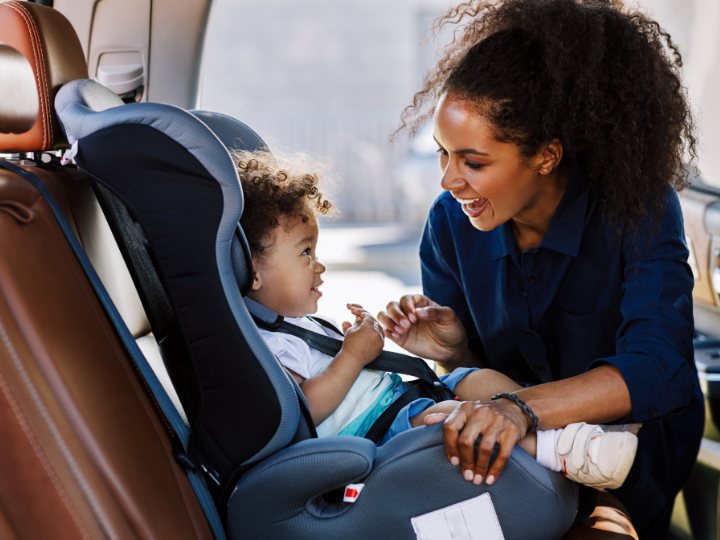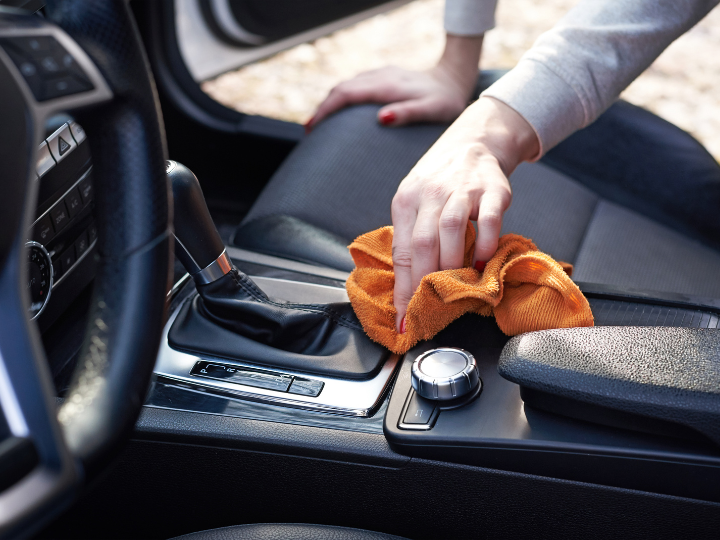It is common to lend your car to a friend or family member – people borrow cars from their friends and family all the time. As long as you know that the driver is careful and observant of traffic rules, there should not be any problem. However, no one can actually predict the future and car accidents are always a possibility.
A friend in need is a friend indeed – this phrase may compel you to lend your vehicle to a colleague or close friend when he/she wants go on a date, family occasion or in case of an emergency. Even if you are mindful of your belongings, there can be situations when you simply cannot refuse to lend your car. In most cases, you share your car with your spouse or partner.
The questions that arise here are – what happens when another driver damages your vehicle? Does your insurance coverage cover the cost of repairs if someone else was driving your car at the time of the accident? And, most importantly, does this affect you?
Car insurance is bound by many rules and regulations, and you need to understand how insurance coverage works for accidents not involving the designated driver on the policy. When you choose an insurance coverage for your vehicle, you need to list the number of people who will drive the vehicle (i.e you, your spouse, and your kids). This means that a husband can be listed as a driver for his wife’s car or vice versa.
In Ontario, insurance premiums are calculated using various factors. The driver’s past record, number of accidents, age and tickets play a significant role in determining the premium. The premiums will be more expensive of drivers with tickets and accidents as the perceived risk is higher when compared to a driver without a collision history.
Lending your vehicle can get you into a lot of unnecessary trouble. Of course, you may not realize this at the time of lending your car. In many cases, you might not have the time to think over the consequences before handing over your car keys. When we say lending your vehicle, it does not necessarily mean that you are giving your vehicle for a number of days. You can lend your car to a friend or sibling for a short grocery run.
How Insurance Coverage Works
When you lend your vehicle, you are lending your vehicle’s insurance as well. If a friend who is not the designated driver has an accident with your car, you might not receive any payment from your insurance company for the damages to your vehicle and you may be required to pay for the damages done to the other party. The financial risk can be fairly serious as it can increase your premiums significantly in addition to the repair costs. It is hard to prove someone else drove your vehicle when the vehicle is registered under your name.
If you have maintained a clean record and enjoyed lower premiums, an accident caused by someone else can significantly hurt your creditability and increase your premium. It is always better to be picky when handing out your car keys to avoid unnecessary risks. In most cases, the owner of the vehicle will be responsible for any damages and injuries in an accident.
Legal implications can be worse if you loan it to someone without a valid driver’s license, resulting in legal matters.
Lending your vehicle checklist
There are some precautionary measures you can take when lending your vehicle to someone. Next time someone asks to borrow your car, make sure you confirm the following:
Valid Driver’s License – If you lend your car to someone who is not licensed to drive, it is very likely that the insurance company will deny any claims against damages caused by unlicensed drivers and you would end up paying for the repairs and damages. These damages are not limited to your expenses, but may also involve lawsuits.
Check their Reliability – Make sure you know the borrower’s driving skills and past record. If they are easily distracted or spend time on their phone while driving may increase the chance of accidents.
Check if they are in a position to drive – Never hand out your car keys to a person who is under the influence of alcohol or drugs (including prescription). Drunk driving is an offense and can result in multiple consequences including, claims refusal, lawsuit and penalty for negligence.
Additionally, you will be liable to pay for any parking tickets issued on your vehicle as well as the damages caused by the accident. Lending your vehicle can result in certain consequences you cannot foresee and could damage your relationship with your friend, spouse and/or family member.











